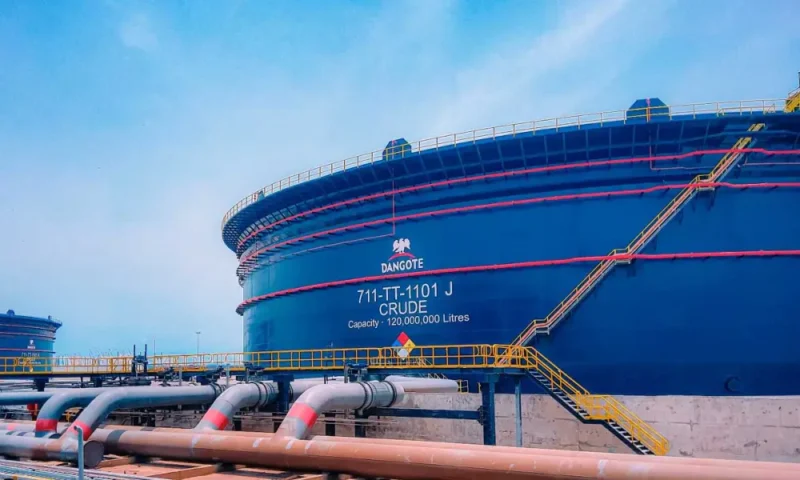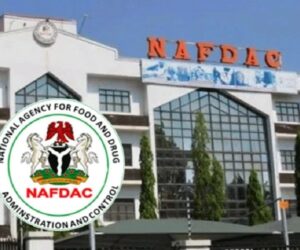The Management of the Nigeria Export Processing Zones Authority (NEPZA) has reaffirmed that extant law prohibits industrial strikes and lockouts in the Free Trade Zones (FTZs) for 10 years.
Managing Director of the Authority, Dr. Olufemi Ogunyemi, made the statement in Abuja, following frequent and excessive external union infiltrations that have destabilised the smooth operations of Dangote Refinery in Ibeju-Lekki area in Lagos State.
The Petroleum and Natural Gas Senior Staff Association of Nigeria (PENGASSAN) shut down critical oil and gas facilities last week over allegations that Dangote Refinery had sacked 800 workers who joined the union.
However, the Dangote Refinery held that it only sacked a few workers who were allegedly sabotaging the facility, claiming this was part of the company’s reorganisation.
In a statement by the Head, Corporate Communications, NEPZA, Martins Odeh, the NEPZA boss stated that the recent escalation of the trade dispute between the zone and the PENGASSAN, particularly given the refinery’s status as a Free Trade Zone, was worrisome.
He added that the trade union should have directed its concerns through NEPZA, as required by law, as the Authority operates a One-Stop-Shop administrative model to fast-track processes.
“Section 18(5) of the Nigeria Export Processing Zones (NEPZA) Act provides that ‘there shall be no strikes or lock-outs for a period of ten years’ following the commencement of operations within a Zone, and the Authority shall resolve any trade dispute arising within a Zone,’’ he said.
According to him, the the legal provision imposes a 10-year prohibition on strikes and lockouts within Free Zones while still allowing workers to join or form trade unions and engage in collective bargaining.
“We are pleased that the conflict has been de-escalated. Dangote Refinery is a declared FTZ that continues to benefit from tax incentives and customs duty waivers to support the economy, and NEPZA regulates it.
“The Free Trade Zone scheme in Nigeria is slightly over 30 years old, and we ought to be familiar with the scheme and the global rules that guide the operation of this world economic model, which aims to accelerate economic development and industrialisation.
“The NEPZA Act requires us, along with all instruments of the corporate government system within the industry, government agencies, and relevant sectoral and specialised bodies, to honour the Authority’s ‘one-stop-shop’ status in overseeing the scheme,’’ Dr. Ogunyemi said.
Dr. Ogunyemi further reiterated that trade disputes originating within a zone must be referred to the Zone Authority for resolution, adding, however, that this restriction applied exclusively within the Free Trade Zones and did not extend to the broader Nigerian economy.
The NEPZA Chief Executive also pointed out that Section 24(1) restricts excessive interaction between external laws and the operation of the scheme, as laws applicable within the customs territory can only be operational within Free Zones to the extent that they are not inconsistent with the NEPZA Act.
“Consequently, in cases of conflict between the Trade Unions Act (TUA) or Trade Disputes Act (TDA) and Section 18(5), the provisions of Section 18(5) take precedence as the more specific regulation governing Free Zones,” he stated.
He, therefore, expressed the Authority’s strong appreciation for the swift action taken by President Bola Tinubu to de-escalate the dispute, which was a clear demonstration of safeguarding the national asset.
Dr. Ogunyemi added that labour issues often pave the way to industrialisation. “It is a sign of President BAT’s maturing democracy that this has been resolved quickly without deleterious effects on our economy,” he stated.








